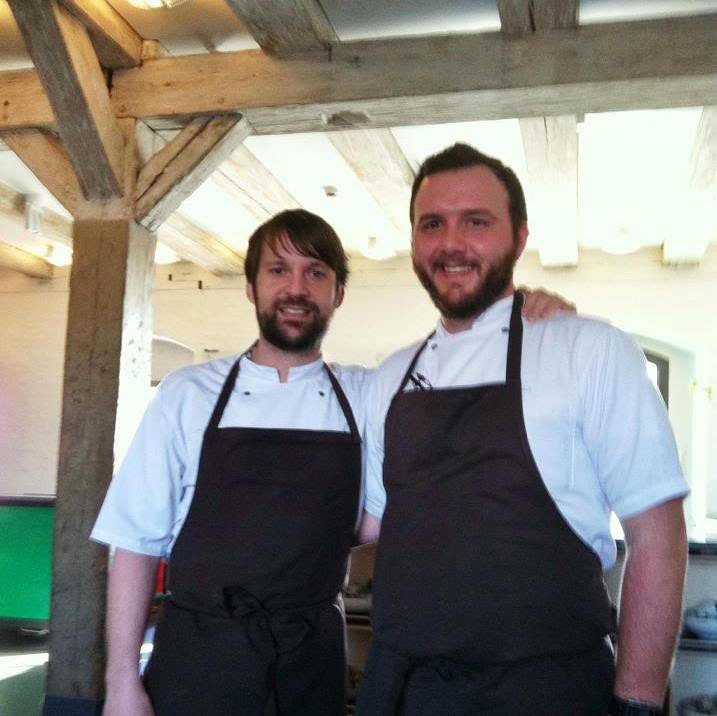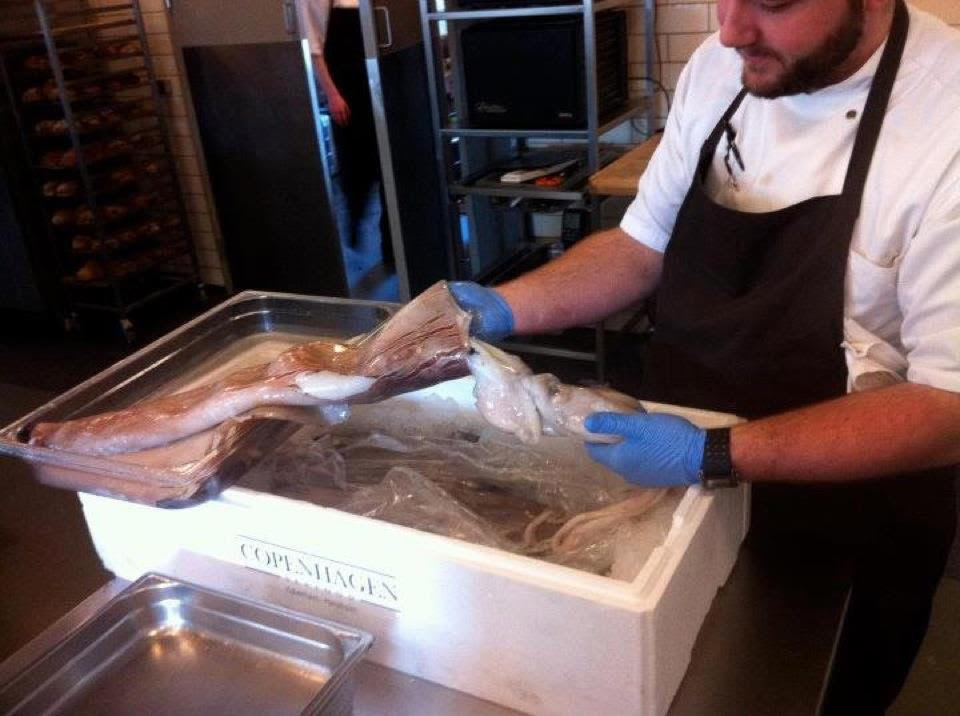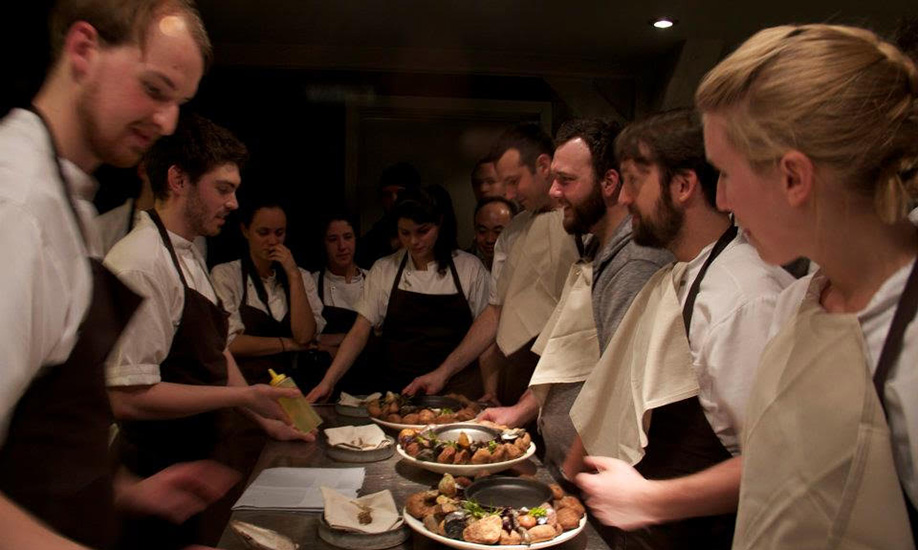At some world-class restaurants, innovation comes with a steep price
People often ask me, “How did you get started in cooking?”
Unlike other questions I sometimes get — like “what’s your style?” or “what’s your signature dish?” — this one is a joy to answer. I am extremely proud of the journey that now has brought me back to Peoria.
Noma, the famed restaurant in Denmark, considered among the world’s best, is part of my journey. Its pending closure recently made global headlines. I worked there for the majority of 2012.

Those were 16-17 hour days of literally running throughout the restaurant, of so much pressure, repetition, intensity. I found it invigorating. After all, I went there to be inspired, to learn and test myself. But a large part of the time I put in there was unpaid. In my mind, if that’s what it took for me to get on the same playing field as the world’s best, I’d do what I had to do. If you were invited to spend a month in the gym with Michael Jordan and grow as a basketball player, would you blink an eye? Would you do it for free? I did not hesitate.
When co-owner and chef René Redzepi announced the closure of Noma as we know it, saying that fine dining at that level was “unsustainable,” there was an uproar. “Financially and emotionally, as an employer and as a human being, it just doesn’t work,” he was quoted as saying.
You have to know the history between those lines to truly know what he means. Chef René and the Noma team have transformed the culinary world for two decades, constantly pushing new techniques, ingredient sourcing and guest experience. Redzepi never allowed himself or his team a moment to rest on their laurels. They remained innovative, uncomfortable.
But Noma never would have reached the heights it did without free labor. The same can be said about Spain’s El Bulli, which was considered the most innovative and influential restaurant of its time before closing in 2011.

This type of fine dining isn’t meant to be sustainable. It is innovation and art
Now the other most influential restaurant of our time is closing its doors because “it’s unsustainable.” One reason? Once Noma started paying the stagiaires, or interns, its labor costs went up $50,000 a month, according to the New York Times. Why did they need all those workers?
Fine dining at such an elite level provides an experience that is art, with food as the medium. The intricate construction of layers upon layers of flavor and dynamic visual composition can only be achieved with many hands. For the “normal” fine dining restaurant, such food composition and design cannot even be considered because there is no way to execute them. Noma created a system that allowed them to bring their vision to reality, no matter how tedious the tweezer work. This type of fine dining isn’t meant to be sustainable. It is innovation and art.
The true test of excellence is if a restaurant like Noma can achieve that and not leave a legacy of abuse. When you aim as high and push as hard as they did, someone will be left behind, bruised and battered.
the narrative now is more about the workers
In 2016, I had the pleasure of helping open SingleThread Farm and Inn in Healdsburg, California, one of only 14 three-Michelin-starred restaurants in the U.S. (There are 137 worldwide.) Certainly considered in the same league as Noma in quality and guest experience, SingleThread is a great example of an elite fine dining restaurant with a financially sustainable business plan.
Was it easy? No way. Did it take certain individuals thinking outside the box and creatively working with the laws and systems in place? Absolutely. Is it hard to work there? Is it the same pressure I felt at Noma? Yes. The stakes are high and those who work there expect the best from themselves. But it isn’t sustainable until it works for the individual. I can personally vouch for that.
I was the culinary director for the notable southern chef Sean Brock in Nashville during the early part of the pandemic. An advocate for mental wellness, Brock opened a massively expensive undertaking named Audrey, the culmination of his life’s work. Equipped with a state-of-the-art food lab and a second restaurant upstairs named June, Brock is diving head first into what he believes is the future of fine dining: art, history, employee wellness, and innovation. It used to be that fine dining was only about the chef’s ego, but the narrative now is more about the workers. Sustainability for workers. What matters is how they are treated and mentored. Period.
Fine dining is very much alive, but it’s certainly riskier. The 1% of restaurants that operate the way Redzepi has with Noma may not be truly sustainable, but I hope they don’t go away. It would be like asking the world’s greatest painters to set down their brushes. Let them create art but not create harm.
As for me, would I choose to go to Noma again? Absolutely. The energy I absorbed and the friendships I made have lasted to this very day, 11 years later.





